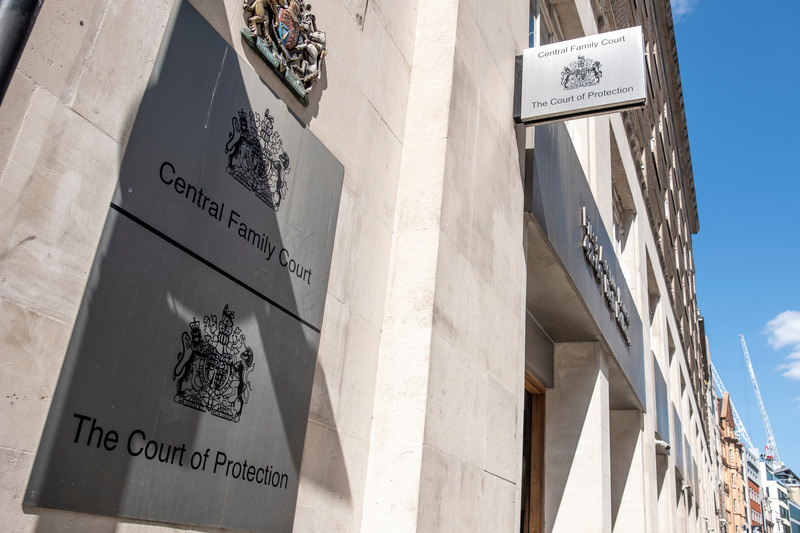Follows two-year pilot

From today, journalists will gain unprecedented access to report on family court cases in England and Wales, in what the UK’s most senior family judge has hailed as a “watershed” change.
Accredited journalists can now observe family court proceedings, and quote from key documents — provided strict anonymity rules are followed. Although hearings have been previously held in private, journalists have been permitted to attend since 2009 — but without the right to report on proceedings.
Family courts handle cases with life-changing consequences for families, such as deciding whether children should go into care or which parent they should live with.
Sir Andrew McFarlane, president of the Family Division, said: “The establishment of the open reporting provisions in all family courts in England and Wales is a watershed moment for family justice.” The reforms represent a “healthy development” that will “call out” areas of concern while protecting confidentiality.
The changes follow a two-year “transparency pilot” launched on 30 January 2023 in the family courts of Cardiff, Leeds, and Carlisle. Under the scheme, judges issued ‘transparency orders’ allowing reporters to cover the proceedings under stringent rules safeguarding the anonymity of the children and families involved. The pilot later expanded to cover nearly half of England and Wales’ family courts.
While the reforms have been widely welcomed, some resistance remains. In 2023, Judge Haigh of Manchester family court voiced scepticism about the transparency initiative, calling family cases “deeply private” and suggesting reporting could serve only to “further… journalistic ambitions”.
Nonetheless, Sir Andrew remains optimistic. He said many judges initially resistant to the pilot were later “very favourably surprised” by its straightforward implementation. The reporting, he added, has already drawn attention to issues such as child neglect, Deprivation of Liberty Orders, and the abandonment of siblings, including the case of Baby Elsa, which revealed systemic failures over a seven-year period.
As family court transparency expands, concerns have also been raised about the ability of financially strained newsrooms to cover such cases comprehensively. Dawn Alford, executive director of the Society of Editors, stressed that local and regional journalism will play a crucial role.
It’s “vital coverage” that is “hugely important to the lives of so many,” she said, highlighting how such reporting can strengthen public trust in family courts and the role of the media.
 (
( (
(

